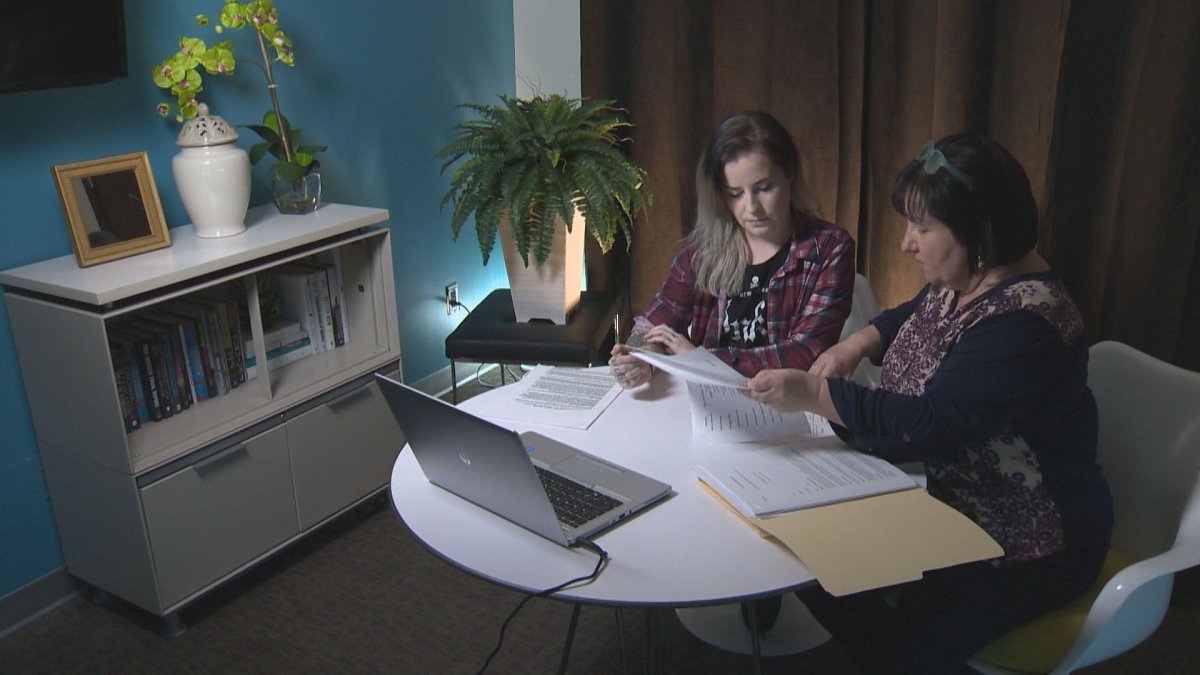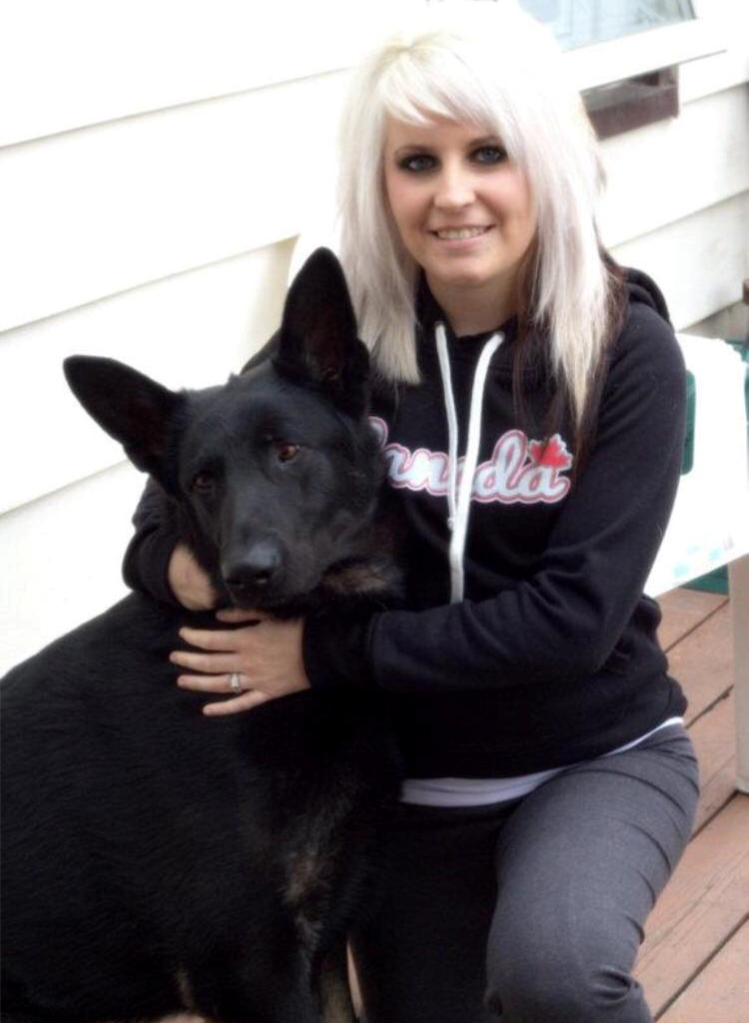For years Nikki Carruthers has been dealing with pain, mysterious illnesses and dozens of unexplained symptoms.

The 29-year-old believes her health problems stemmed from her silicone breast implants, which she had removed in 2018 after five years.
“One of them was ruptured in four places,” she told Global News. “The other one had capsular contracture as bad as you can get. The silicone basically migrated everywhere.”
Carruthers is one of thousands of women who are suffering from health complications they believe stem from their breast implants.
“100 per cent — there’s no other explanation. I have symptoms in every organ. Every organ has been involved with something going on,” she said.
WATCH: Winnipeg woman wants others to be warned about breast implants

Dr. Jan Willem Cohen Tervaert, director of rheumatology at the University of Alberta’s medical school, has spent 25 years studying and detailing connections between breast implants and autoimmune illnesses, or Breast Implant Illness (BII).
“Fatigue, joint problems, muscle problems, dry eyes, dry mouth, fever, cognitive impairments. That’s the classical symptoms that patients with these BII have,” he said.
While there is no direct link that has been made between breast implants and increasing autoimmune diseases, Tervaert is one of several doctors around the world working on research around it.
Tervaert presented his findings in front of an FDA panel in Washington, D.C. in March.
He does not believe implants are safe.
“We have demonstrated that sometimes this silicone could be detected in organs like the brain, and muscles and nerves,” he told Global News. “There is no proof that it’s safe.”
Breast implant manufacturers, plastic surgeons and FDA regulators have long dismissed those arguments.
The maker of Carruthers’ implants was Mentor.
“To date, the overall body of scientific evidence does not support claims that silicone gel breast implants cause systemic illness,” a Mentor spokesperson said in a statement to Global News.
Tervaert also said women who are considering implants are not being adequately warned about the possibility of these autoimmune illnesses.
“Certainly not,” he said. “From the small study I reported, we say (it is) four times higher than in (a) normal population, these kinds of symptoms.”
Mentor said some patients with implants have reported a range of symptoms referred to as Breast Implant Illness. But, they added, BII is “an an imprecise term describing a broad range of signs and symptoms that some believe are associated with breast implants.”
They also said these concerns are being taken seriously.
“Mentor continues to track and monitor systemic symptoms through post-market clinical studies and post-market surveillance.”
After a meeting in Washington D.C., the FDA said it would evaluate materials in medical devices to address potential safety questions.
“We believe the current evidence, although limited, suggests some individuals may be predisposed to develop an immune-inflammatory reaction when exposed to select materials,” the FDA said in a statement.
- Shoppers faces proposed class action over claims company is ‘abusive’ to pharmacists
- Most Canadian youth visit dentists, but lack of insurance a barrier
- ‘Bacterial vampirism’: Deadly pathogens attracted to human blood, study finds
- Budget 2024: Liberals look to offset drug plan cost with higher smoking, vaping taxes










Comments